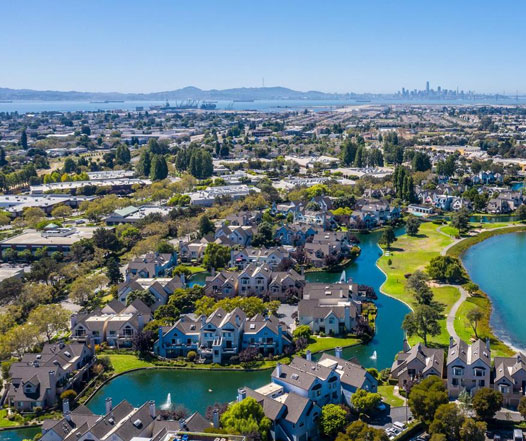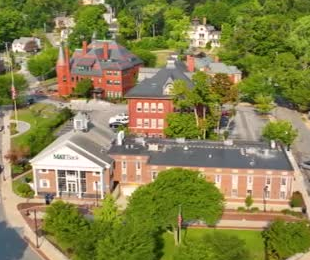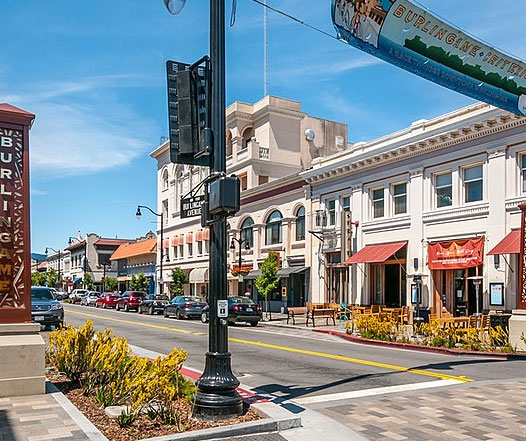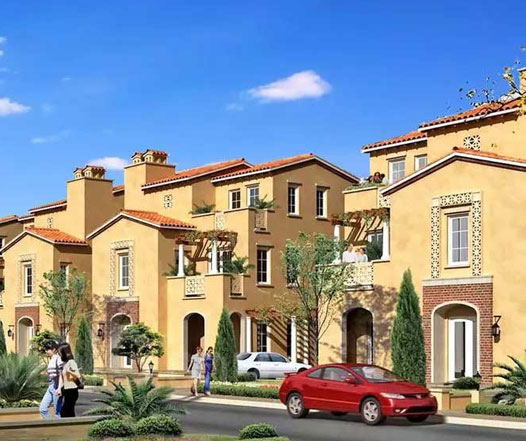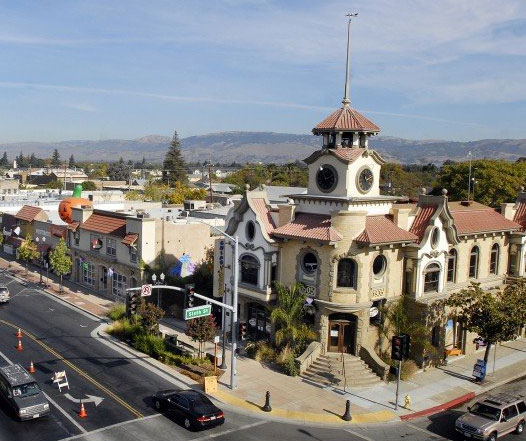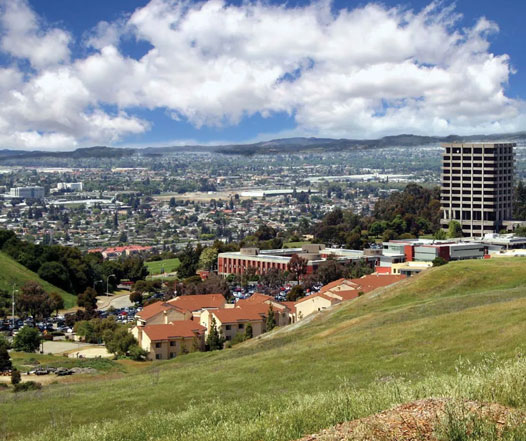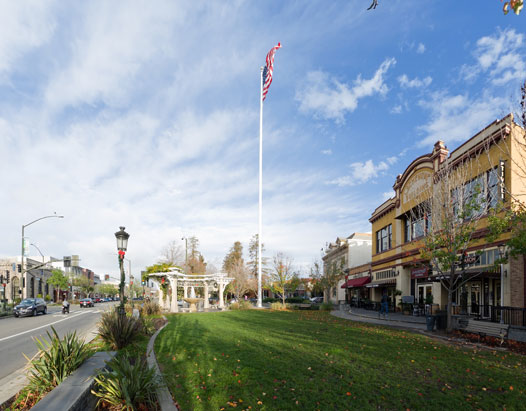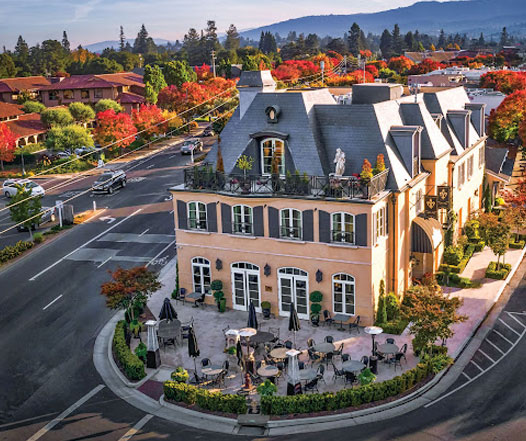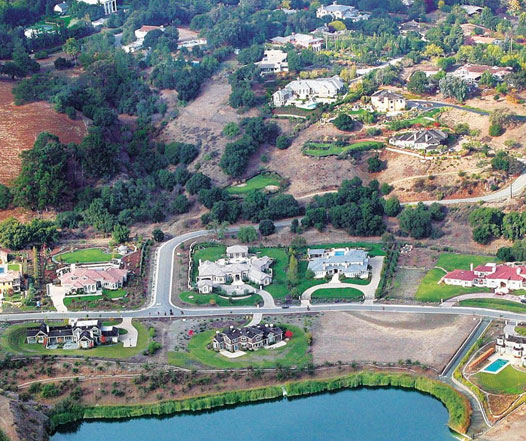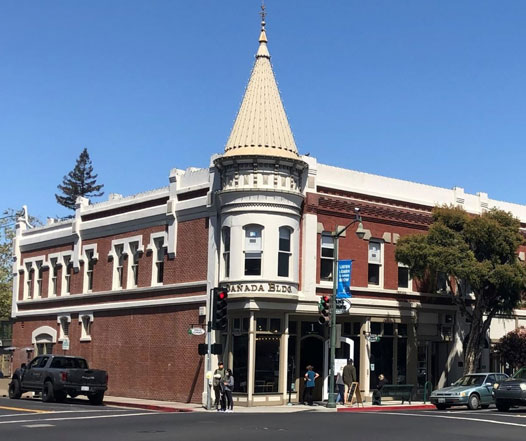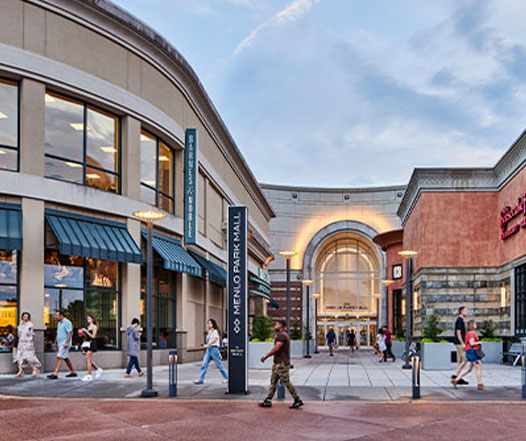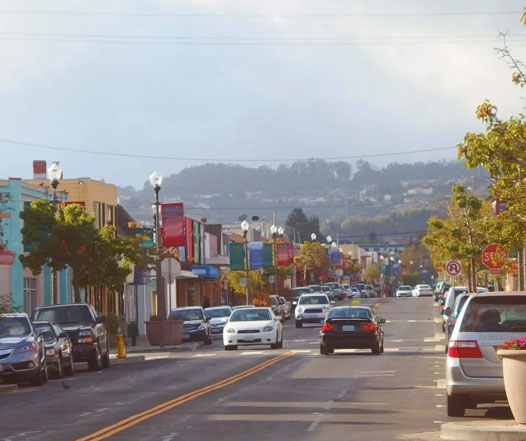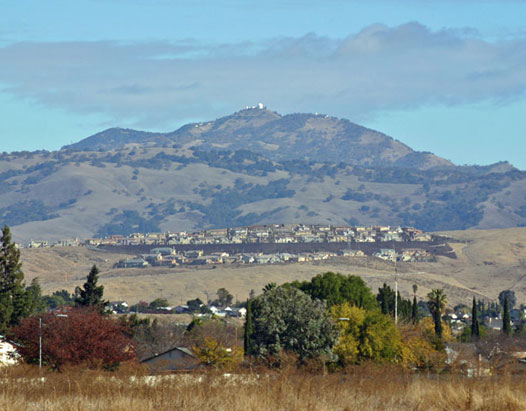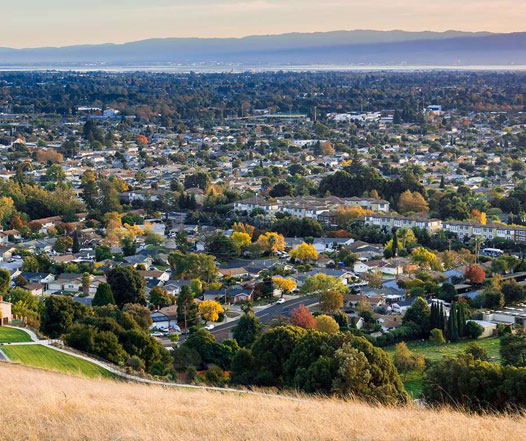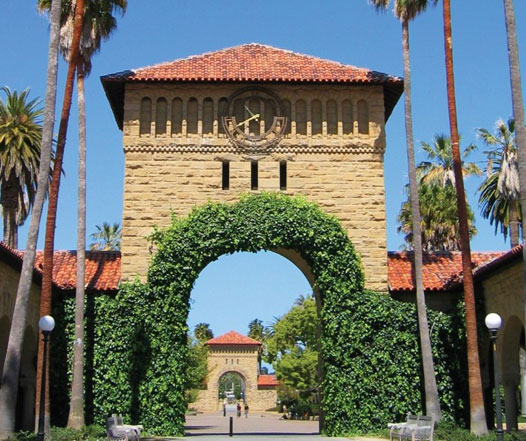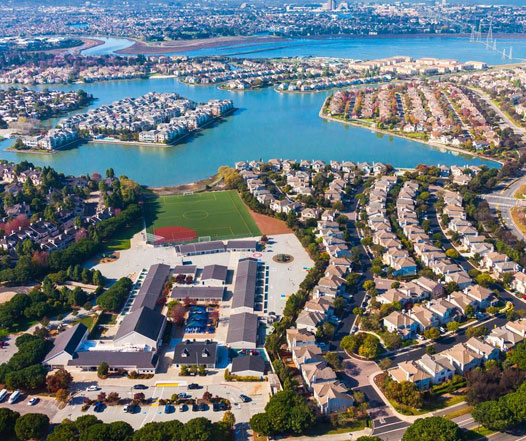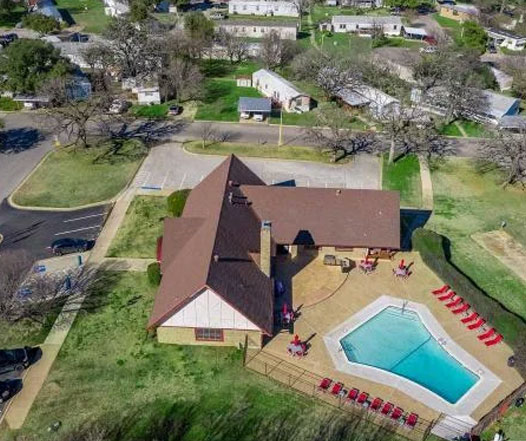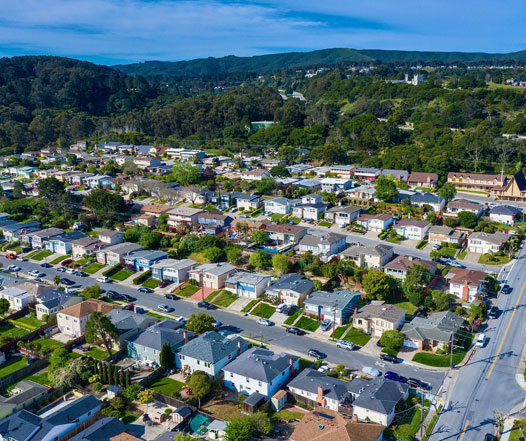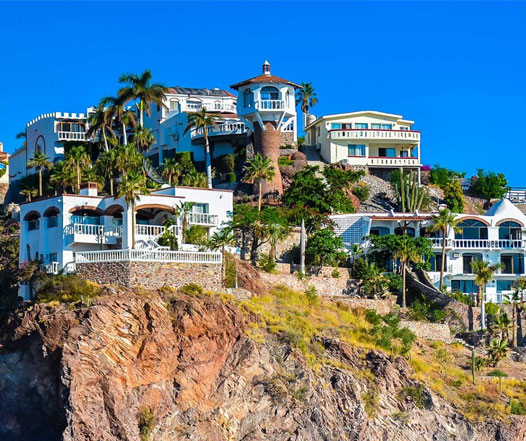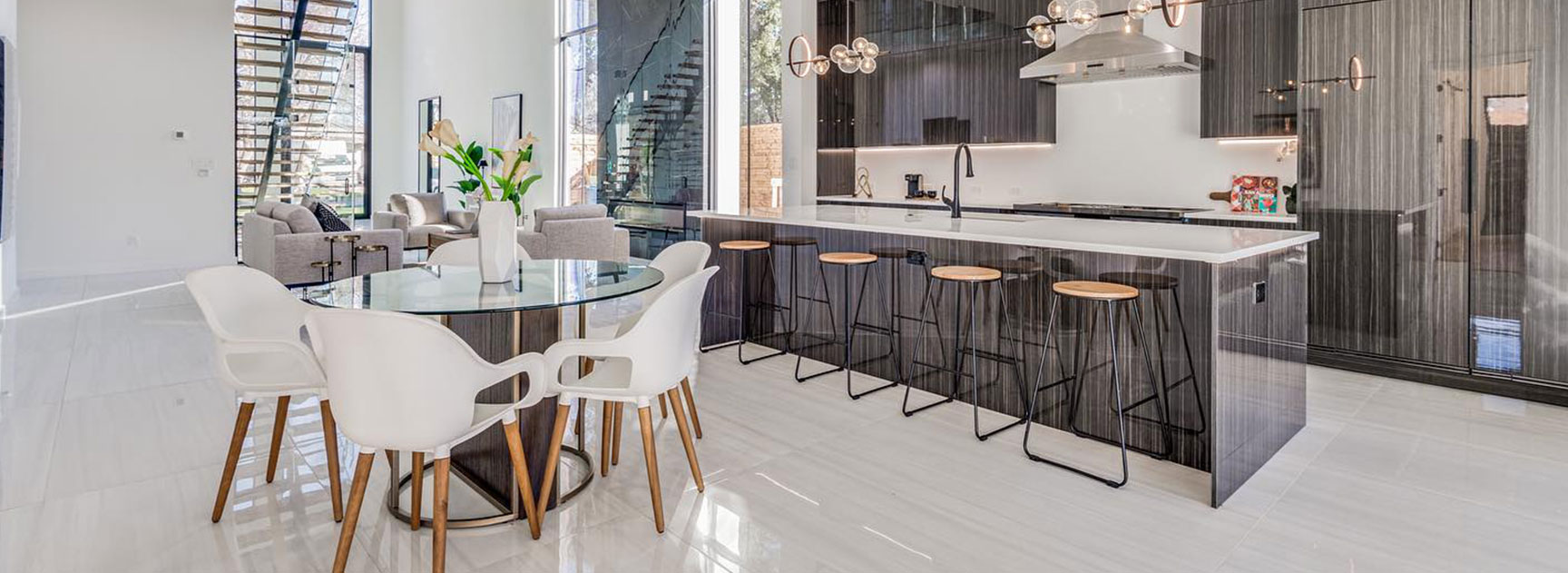
Introduction
Home addition in Sunnyvale can significantly improve your living space, making it more comfortable and accommodating for your growing family. Whether you need an extra bedroom, a home office, or a larger kitchen, adding more space to your home can meet your needs. Sunnyvale offers a fantastic setting for home additions with its pleasant weather and thriving community. By investing in a home addition, you can increase your property’s functionality and value, ensuring your home remains a great place to live for years to come.
Vital Guidelines for Home Additions in Sunnyvale
What is Permissible
Maximum Addition Size
Home additions can be up to 800 square feet, depending on the lot size.
Height Restrictions
Home additions cannot exceed 30 feet in height.
Setback Requirements
Additions must be set back at least 20 feet from the front property line.
Floor Area Ratio (FAR):
The FAR must not exceed 0.5 for home additions.
Permitting Process Timeline
Standard
The standard permitting process typically takes 2-3 months.
Historic Property
For historic properties, the permitting process can take up to 4 months.
Crucial Zoning Regulations in Sunnyvale
Zoning regulations in Sunnyvale ensure that home additions are safe and harmonious with the neighborhood.
Size Limitations for Home Additions
| Zoning District | Maximum Addition Size | Notes |
| R-1 | 800 sq ft | Single-family residences |
| R-2 | 1,200 sq ft | Two-family residences |
| R-3 | 1,500 sq ft | Multi-family residences |
Height Limitations
- Single-family zones: Additions in single-family zones cannot be taller than 30 feet.
- Multi-family zones: Multi-family zones allow additions up to 35 feet in height.
Building Coverage Rules
Building coverage must not exceed 40% of the lot area.
Location Requirements
- Front additions: Must be set back at least 25 feet from the front property line.
- Side additions: Must maintain a minimum 10 feet setback from side property lines.
- Rear additions: Must be set back at least 20 feet from the rear property line.
Exterior Details
The exterior of home additions should match the existing structure in style and materials.
Parking
Home additions must include at least one additional parking space.
Guidelines for Obtaining Permits for Home Additions in Sunnyvale
To add a home in Sunnyvale, you need to obtain various permits.
| Permit Type | Description | Estimated Fee |
| Building Permit | Required for structural changes | $500 |
| Plan Check Fee | Covers review of plans | $200 |
| Electrical Permit | Needed for electrical work | $100 |
| Plumbing Permit | Required for plumbing installations | $150 |
| Mechanical Permit | Needed for HVAC systems | $100 |
| Planning Review | Review of zoning compliance | $200 |
| School Impact Fee | Fee to offset school impact | $300 |
Property Compliance Requirements
Ensuring compliance with local regulations is essential for home additions.
Parking
Ensure your property has sufficient parking spaces for the new addition.
Setbacks
Verify that your addition meets all setback requirements.
Open Space and Yards
Maintain adequate open space and yard areas according to local guidelines.
Eligible Properties for Home Additions
To determine your property’s eligibility for a home addition:
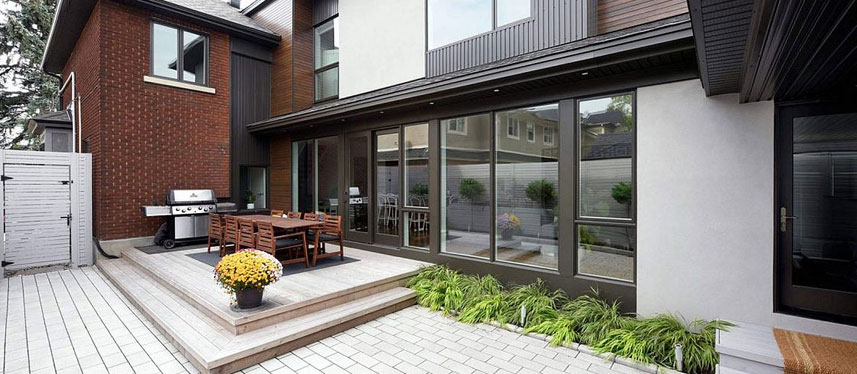
Other General Plan Designations That May Allow Home Additions
- Low-Density Residential: Suitable for small-scale additions up to 800 sq ft.
- Medium-Density Residential: Allows for moderate additions up to 1,200 sq ft.
- Mixed-Use: Permits larger additions that blend residential and commercial uses.
Development standards
Single-family Homes
Additions must adhere to a 30-foot height limit.
Multi-family Properties
Can include additions up to 35 feet in height.
Historic Properties
Must follow specific guidelines to preserve historical integrity.
Property Designations
- Flood Zones: Additions must comply with flood zone regulations.
- Liquefaction Zones: Special construction methods are required in these areas.
- Historic Districts: Additions must preserve the historic character of the property.
- Coastal Zone: Must meet additional environmental and zoning requirements.
Summary
Home additions in Sunnyvale provide a fantastic opportunity to improve your living space, increase property value, and enjoy the city’s wonderful environment. By following local regulations and obtaining the necessary permits, you can ensure a smooth and successful home addition project.
FAQs
To determine your property’s eligibility for a home addition, consult with the Sunnyvale planning department. They can provide information about zoning laws, property size requirements, and any specific restrictions that might apply to your property. It’s essential to review these details before starting your project to ensure compliance with local regulations.
In Sunnyvale, any structural changes or additions that alter the existing layout of your home will require a planning review. This includes adding new rooms, extending the footprint of the house, or making significant changes to the exterior. The planning review process ensures that your addition complies with zoning laws, building codes, and aesthetic guidelines.
Adding a second kitchen may be allowed in Sunnyvale but will require specific permits and compliance with zoning laws. Second kitchens are often associated with accessory dwelling units (ADUs) or in-law suites. You’ll need to check with the planning department to ensure your plans meet the necessary regulations and obtain the required permits.
In Sunnyvale, balconies and decks must meet setback requirements and may be subject to additional structural safety standards. These structures must be designed to support the expected load and comply with building codes related to railings, stairs, and access. It’s essential to have detailed plans reviewed and approved by the planning department before construction begins.
Yes, adding a home office space is a common type of addition in Sunnyvale. The office must comply with the same regulations as other additions, including setback requirements, height restrictions, and building codes. This addition can significantly enhance your home, providing a dedicated workspace without leaving your property.
While neighbor approval is not typically required for home additions in Sunnyvale, it’s a good practice to inform your neighbors about your plans. Addressing any concerns they may have can help maintain good relations and avoid potential disputes. The planning department may also notify neighbors if the addition requires a variance or special permit.
Yes, you can add a home addition if your property is in a coastal zone, but you will need to meet additional environmental and zoning requirements. These may include special construction standards to protect against erosion, flooding, and other coastal hazards. Consulting with the planning department and a contractor experienced in coastal construction is crucial.
Occasionally, there may be local or state incentives available for home additions in Sunnyvale. These can include grants, tax credits, or low-interest loans for projects that meet specific criteria, such as energy efficiency improvements or historic preservation. Check with the city’s planning department or local housing authority for current opportunities.
Home additions in Sunnyvale must include appropriate fire safety measures such as smoke detectors, fire-resistant materials, and adherence to local fire codes. Depending on the size and type of addition, you may also need to install sprinkler systems. Ensuring your addition meets all fire safety standards is essential for protecting your home and family.
Yes, you can add a home addition if your property is in a historic district, but the addition must be designed to preserve the historical character of the property. This may involve using specific materials, architectural styles, and construction techniques. The addition will likely require additional review and approval from the historic preservation committee.
Yes, building a second-story addition over an existing structure is possible in Sunnyvale, provided it meets height restrictions and structural integrity requirements. The existing foundation and structure must be assessed to ensure they can support the additional load. Working with a structural engineer and obtaining the necessary permits is crucial.
Yes, when planning a home addition in Sunnyvale, you should consider solar access. Your addition should not significantly block sunlight for your property or neighboring properties. Maintaining solar access is important for energy efficiency and may be required by local regulations. The planning department can provide guidelines on ensuring adequate solar access.
Yes, Sunnyvale has noise ordinances that restrict construction activities to certain hours to minimize disturbance to neighbors. Typically, construction is allowed during daytime hours on weekdays, with more limited hours on weekends. It’s important to adhere to these regulations to avoid fines and maintain good relations with your neighbors.
